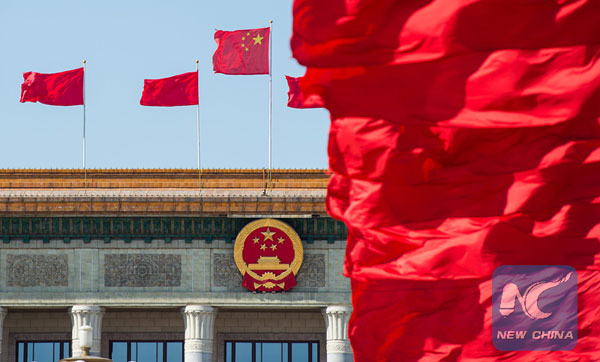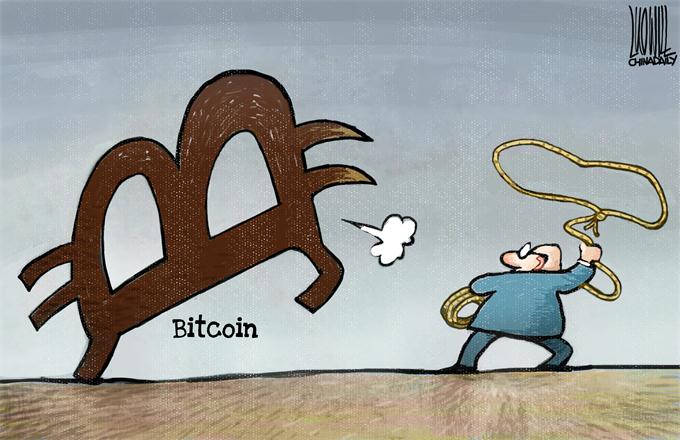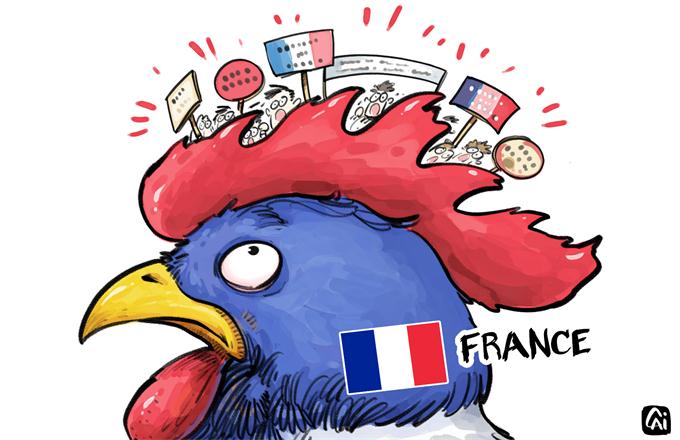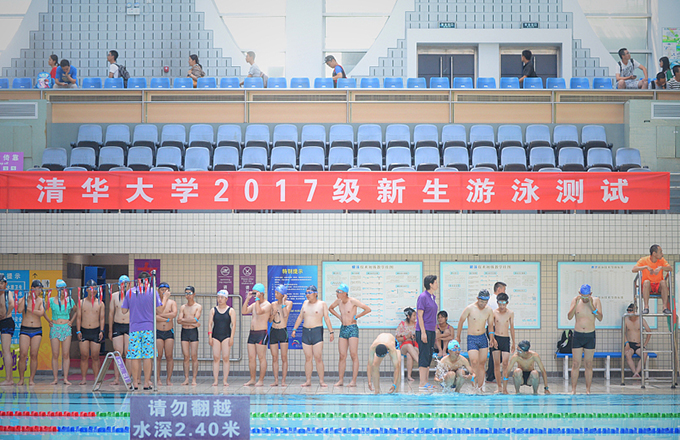Chinese ideas make waves
 |
|
Red flags on the Tian'anmen Square and atop the Great Hall of the People in Beijing. [Photo/Xinhua] |
On Sept 11, the 71st UN General Assembly adopted a resolution that challenges the international community to improve global economic governance based on the principles of consultation, cooperation and sharing. The resolution also calls for the UN to continue to play a central role in developing consensus to address global challenges and build a human community of shared destiny in the spirit of win-win cooperation. Thus another Chinese concept has been adopted by the international community.
After the 18th National Congress of the Communist Party of China, the Party leadership with Xi Jinping as its core has actively pressed ahead with innovations in diplomacy, putting forward new ideas, new thinking and new strategies in a systematic manner. As a result, Xi's diplomatic philosophy has been formulated, giving new life to the diplomatic philosophy and global strategies of New China, providing strong theoretical support and practical guidance for promoting Chinese ideas in multilateral institutions and on the global stage.
As the leading platform for global governance, the UN is the most authoritative and representative inter-government international organization. It plays an irreplaceable role in preserving world peace, promoting common development, and facilitating international cooperation.
In September 2015, President Xi participated in the UN summit meetings commemorating the institution's 70th anniversary, and expounded on Chinese proposals for promoting win-win cooperation in the international community, building partnerships and a human community of shared destiny. In January 2017, Xi further elaborated Chinese position on jointly building a human community of shared destiny, via his speeches at the World Economic Forum and the UN headquarters in Geneva. Xi's important statements concerning a shared future for the international community have pointed out a strategic direction for global governance.
In March 2016, the UN Security Council for the first time incorporated the Belt and Road Initiative in a resolution, calling on all parties to actively participate in such regional connectivity and economic cooperation programs as the Belt and Road. In November 2016, the UN General Assembly for the first time wrote the Belt and Road into a resolution, showing its appreciation for cooperation initiatives of this kind. In March 2017, a UN Security Council resolution for the first time included the important idea of building a human community of shared destiny, asking all parties to participate in the forging of it with the spirit of win-win cooperation. And in April 2017, the 71st UN General Assembly passed a resolution to commemorate "World Creativity and Innovation Day", which for the first time endorsed the Chinese idea of "mass entrepreneurship and innovation" in a resolution.
China has been deepening its cooperation with the UN on building Belt and Road and implementing the UN's 2030 Agenda for Sustainable Development. On Sept 22, the Chinese Foreign Ministry and the UN Department of Economic and Social Affairs signed a memorandum of understanding, pledging to collaborate to help developing countries involved in the Belt and Road Initiative build their capacities. These Chinese ideas are highly aligned with the UN Charter, and thus resonate around the world.
As the world experiences great changes, the UN faces the arduous task and precious opportunities for promoting global governance and fulfilling its historical missions. As the largest developing country and a permanent member of the UN Security Council, China will continue to work with the rest of the international community to actively promote reform of the global governance regime, make it better adapted to the changing conditions, and equally serve all countries based on the principle of consultation, cooperation and sharing.
The author is vice-minister of Taiwan Affairs Office of the State Council and former permanent representative of China to the United Nations.
Source: chinausfocus.com





















